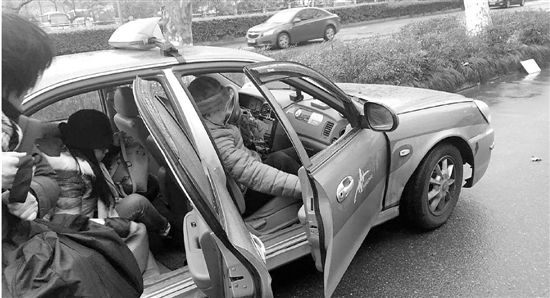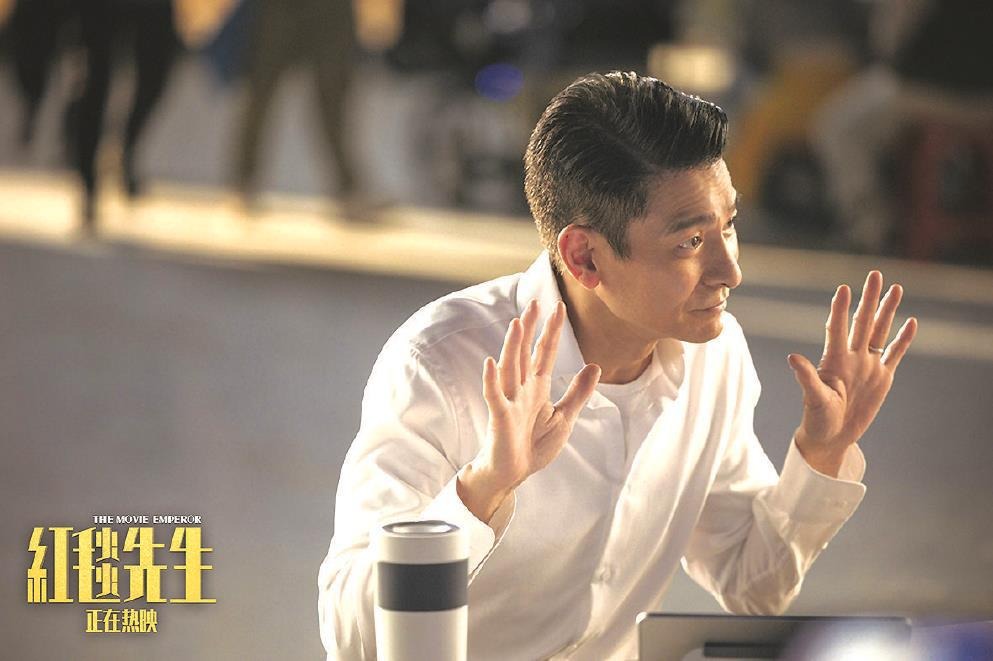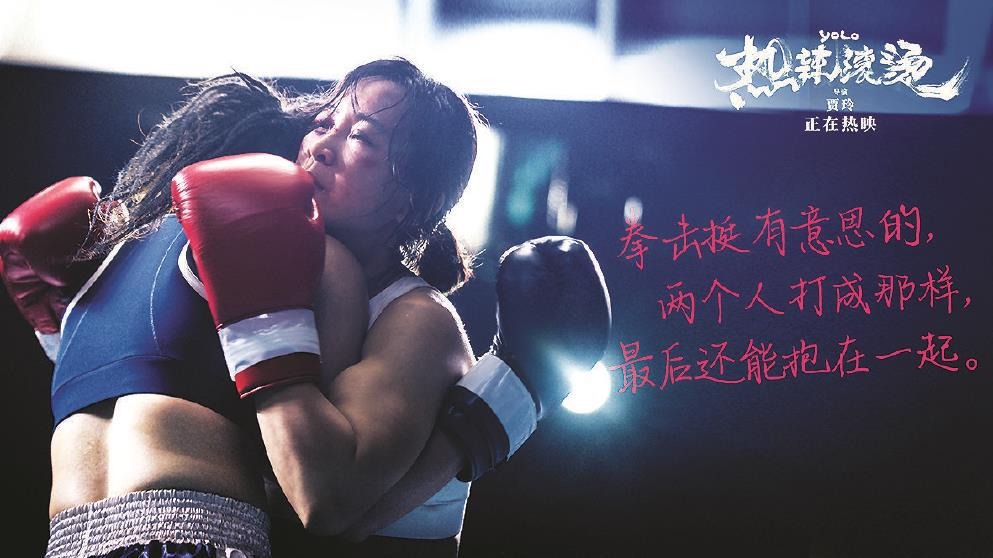On the Autohome Jinhua Promotion Channel, this luxury sedan is running a high-profile promotion. At present, the car series is going through an unprecedented price reduction promotion in Jinhua area, with a staggering maximum discount of 170,000 yuan. Excitingly, the starting price has been reduced to a minimum of 239,800 yuan, which is a very attractive car purchase opportunity. If you are interested in the Jaguar XFL, be sure to click the "Check the car price" button in the quotation form to keep abreast of the latest offers and strive for the highest car purchase discount.
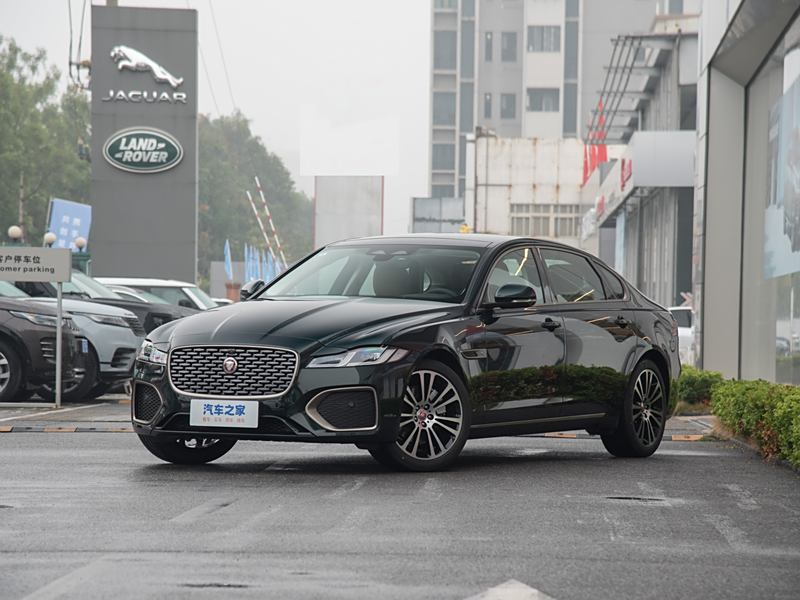
The Jaguar XFL embodies a luxury-sporty aesthetic, with elegant and powerful fronts and streamlined body lines that highlight the essence of British luxury. The iconic grille is chrome-plated and leopard-print-like, with LED headlights that not only enhance the visual impact, but also ensure driving safety. The overall style blends modern technology with classic elegance, and the XFL can attract the attention of everyone, whether on the city street or on the quiet country lane.
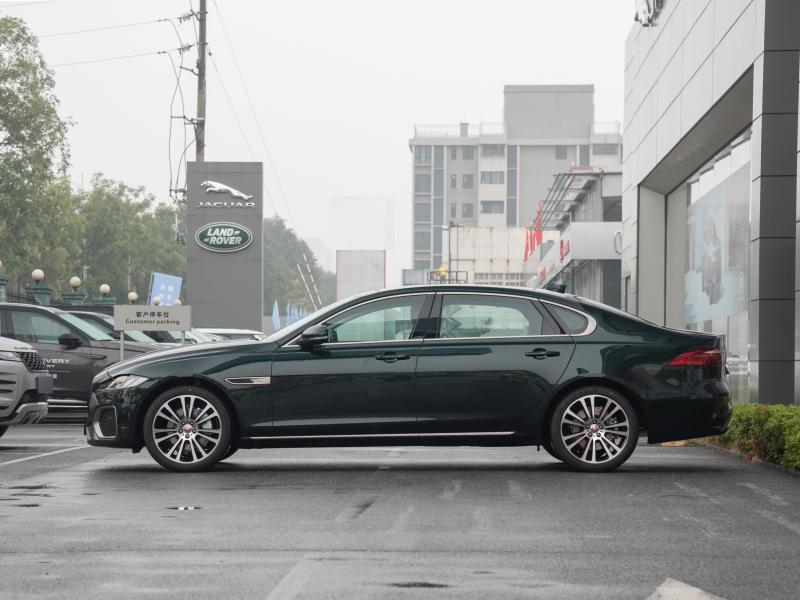
As a luxury car, the Jaguar XFL’s body design is streamlined and elegant, showing the unique charm of the British brand. The body length reaches 5102mm, the width is 1890mm, the height is 1456mm, and the wheelbase reaches 3100mm, providing sufficient support for the interior space. The front and rear wheel tracks are 1605mm and 1609mm respectively, ensuring driving stability and comfort. What is particularly striking is its tire specifications. The front and rear use 245/40 R19 high-performance tires, with exquisite wheel rim design, which not only enhances the driving performance, but also adds to the visual dynamic feeling of the vehicle.
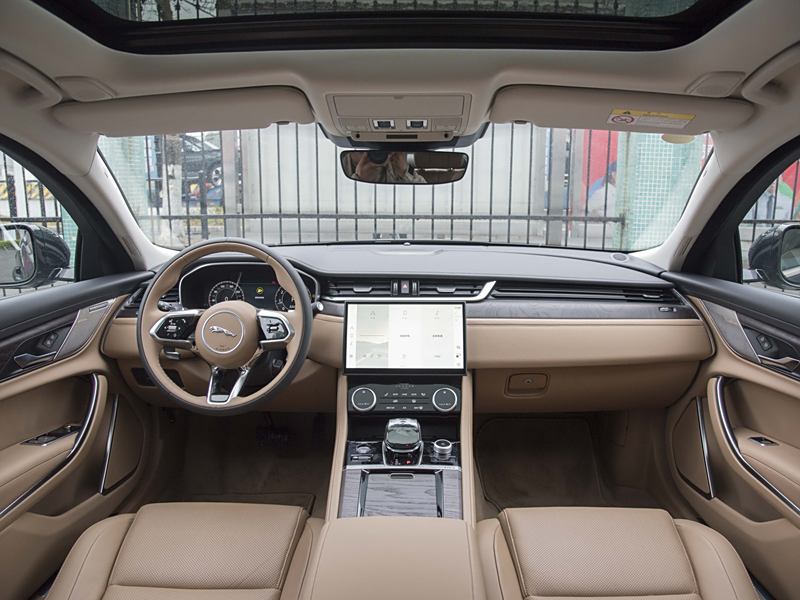
The interior design of the Jaguar XFL is based on luxury and sophistication, showing the style of British elegance. In the spacious cabin, the steering wheel is made of leather to provide a comfortable grip, and supports manual and electric up and down + front and rear adjustment to ensure the driver’s personalized needs. The 11.4-inch central control screen shows the sense of technology, integrating multimedia systems, navigation and phone functions to bring convenient intelligent experience to the driver. The seats are made of high-end leather, and the main and passenger seats are equipped with front and rear, backrest, high and low adjustment and waist support. The front seats are also equipped with heating function to provide passengers with a comfortable ride experience. In addition, the car is also equipped with USB and Type-C ports, including two ports in the front row, as well as wireless charging function of mobile phones, to meet the needs of modern drivers for convenient connection and charging. The driver’s seat also has an electric memory function to enhance driving comfort. The overall interior design not only focuses on practicality, but also does not lose luxury and comfort, creating a distinguished in-car environment for drivers and passengers.

The Jaguar XFL is powered by a 2.0T turbocharged engine with a maximum power of 184 kilowatts and a maximum torque of 365 Nm, providing 250 horsepower output. This engine, combined with an 8-speed manual transmission, provides the driver with a smooth and efficient driving experience.
To sum up, the Autohome owner is full of praise for the appearance of the Jaguar XFL, saying that the young and fashionable design of this model just caters to the aesthetic needs of current consumers. The low-lying design of the body not only adds a sense of movement, but also resembles the elegance and power of a cheetah, making the driver the focus of attention on the road. This evaluation undoubtedly highlights the success of the Jaguar XFL in terms of exterior design, and also indicates its good response and continued appeal in the market.
